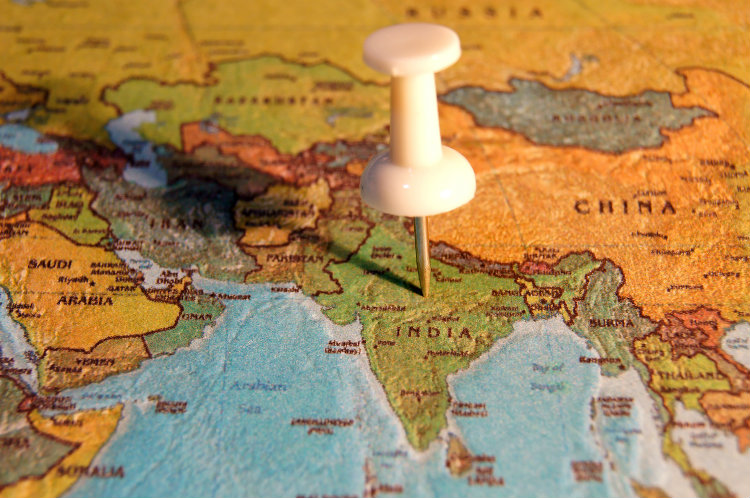June 12, 2018 Reading Time: 3 minutes
Your weekly digest of foreign policy commentary*
 Reading Time: 3 min read
Reading Time: 3 min readRaja Mohan urges India to maximise gains from both the Indo-Pacific and Eurasia. – valipatov / depositphotos
China’s Debtbook Diplomacy: How China is Turning Bad Loans into Strategic Investments, The Diplomat, by Sam Parker and Gabrielle Chefitz, MPP Program, Harvard Kennedy School
“[Some] countries have taken on massive Chinese loans with little clear prospect for repayment and have strategic assets or diplomatic sway that China could demand.”
LKI Take: A recent report by a US think tank indicated that China holds less than 6% of Sri Lanka’s debt; compared to, for example, 39% of Laos’ debt and 49% of Cambodia’s. However, Sri Lanka needs to monitor the upward tick of debt to China and its implications for governance, rights and the environment—aspects that receive relatively scant international attention.
From Indo-Pacific to Eurasia, Indian Express, by C. Raja Mohan, National University of Singapore
“That Delhi must look for stronger ties with both the maritime and continental powers does not mean the nature and scope of these possibilities is symmetric.”
LKI Take: Sri Lanka is also located at the heart of competing geopolitical frameworks, including the Indo-Pacific and Belt and Road Initiative. Like India, New Zealand and other nations, it should resist pressure to choose one over the other, and instead maximise gains from different frameworks for diverse aims, such as for investment, security, and strengthening democracy.
Why A Flexible Donald Trump Unnerves An Unyielding Shinzo Abe, The Financial Times, by Robin Harding, The Financial Times Tokyo Bureau Chief
“Yet whereas China, South Korea and Russia are talking directly with Pyongyang, and have some power to shape events, Mr Abe must rely on Mr Trump.”
LKI Take: This week’s Singapore summit underscored Japan’s vulnerability. While President Trump stated that he raised the issue of Japanese abductees, he also unexpectedly indicated the US would suspend military exercises with South Korea. Any major gap between Japan’s goals and US practice may complicate the development of the Indo-Pacific framework.
*Written by Malinda Meegoda and Barana Waidyatilake and edited by Anishka De Zylva. The opinions expressed in these Weekly Insights are not the institutional views of LKI, and do not necessarily reflect the position of any other institution or individual with which the authors are affiliated.